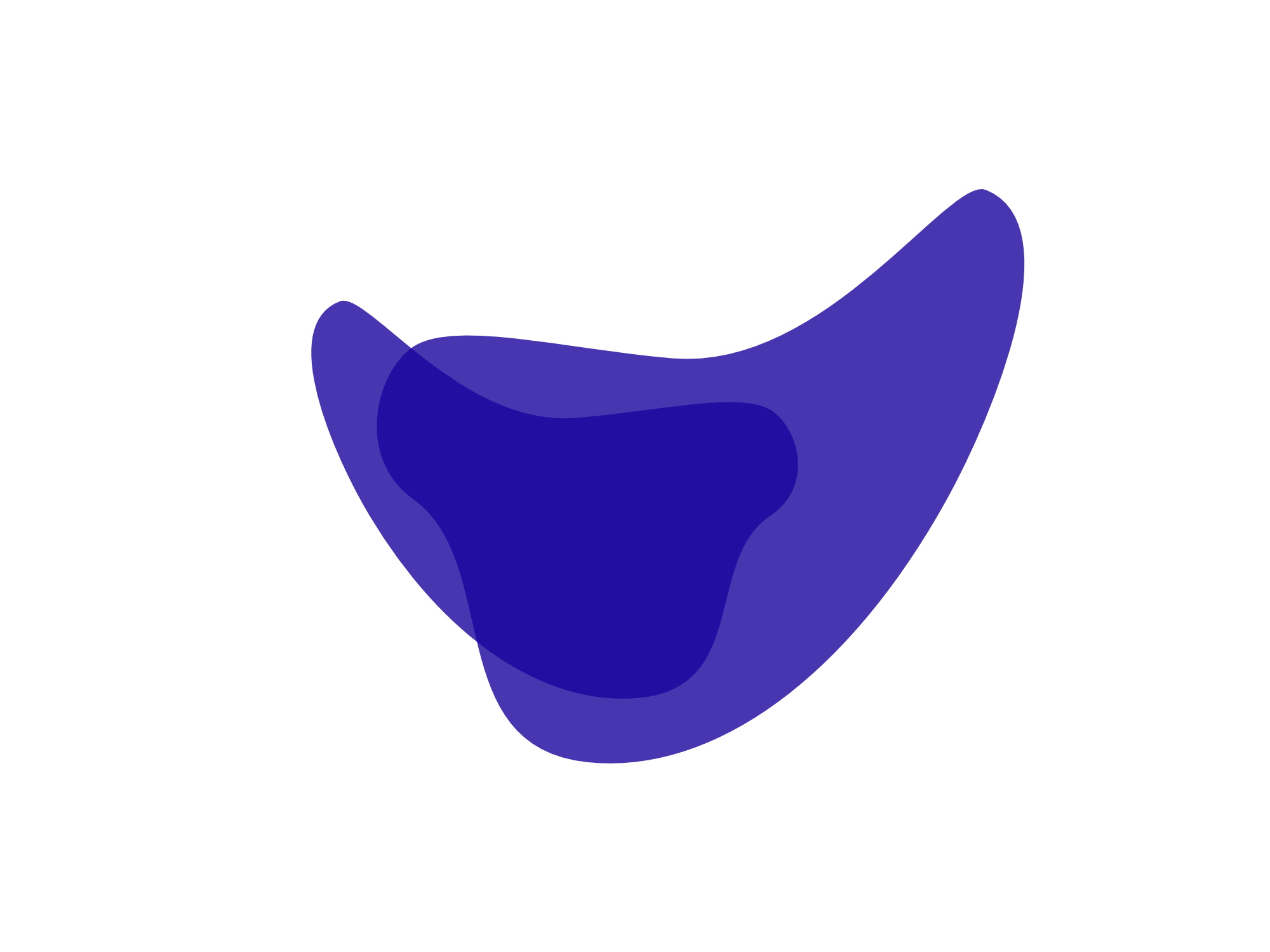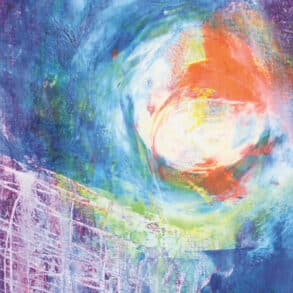Rudolf Steiner sharply distinguishes the spiritual meaning of the term ‘intuition’ from its everyday usage. If one generally associates the word with a somewhat unclear, unconscious, and emotional intuition, then intuition in anthroposophy is comparable to the clear, pure concept of a mathematical theorem.
‘Intuition’ is the first supersensory form of cognition mentioned by Rudolf Steiner, in the introductions to Goethe’s scientific writings (contained in GA 1.) Goethe’s concept of intuition leads back to two thinkers: Kant and Spinoza. Rudolf Steiner explains how Goethe – in contrast to Kant – developed an intuitive science “by looking at an always creative nature.” In the essay “Anschauende Urteilskraft” (Perceptive Power of Judgment) Goethe takes his starting point from Kant. According to Kant – and Goethe – ‘intuition’ is understanding that has an intuitive character. Kant thinks of an understanding that goes from the ‘intellectus archetypus’, “from the synthetic general, the view of a whole as such,” to the individual parts, observing and integrating them. Goethe elaborates this intuitive concept methodically and practically. Steiner explains how crucial Spinoza’s concept of intuition was for Goethe in explaining his own manner and method. For Spinoza, intuition is the highest kind of knowledge there is. For Goethe, intuition is the form of cognition through which the living and the essential in organic nature is grasped.
Source Rudolf Steiner. “Intuition – the Focal Point of Thinking.” Ed. by Edward de Boer, Basel 2014, p. 10.
Translation Eliza Rozeboom
Graphic Sofia Lismont










I do not know the context in which this was written, but in my experience Intuition stands out from other forms of knowledge in that is carries with it the quality of Freedom to the greatest extent. I would like to share with others who are seeking to build bridges with other seekers of Freedom through a grounded, relatable approach to Steiner’s concept (?) of Intuition.